Is China tightening its grip on campus discussions of the Ukraine war?
The ongoing Russia-Ukraine war has generated differing public opinion in China. Zaobao correspondent Edwin Ong reports that efforts to put forth a unified position have hit a few bumps in the road as educational institutions seem to be playing catch-up in aligning their public statements with the official stance of the central government.
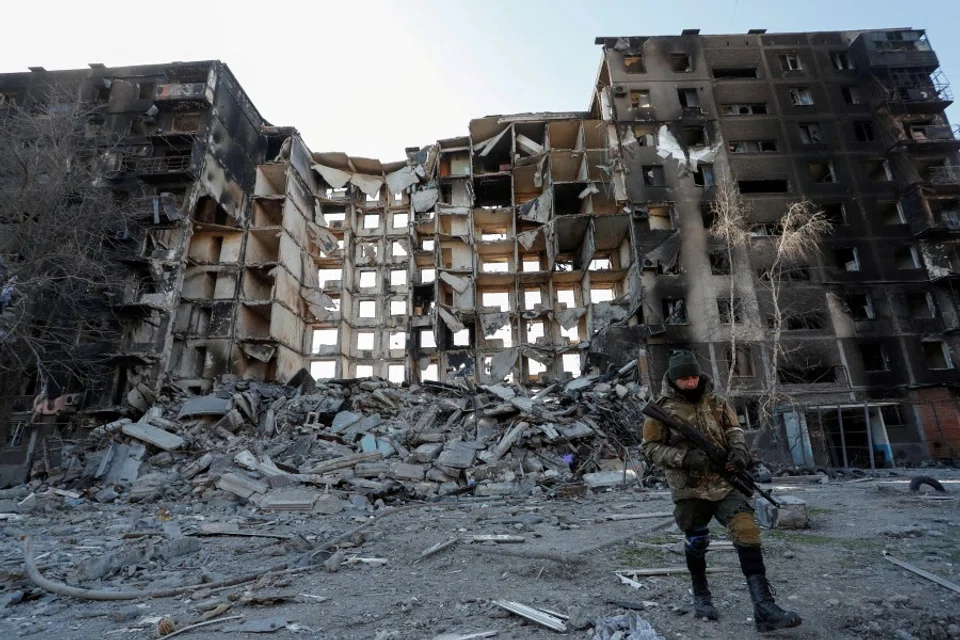
Amid increasingly divided views on the Russia-Ukraine war among the Chinese public, some provincial and municipal education departments have called for a unified statement of China's position on the war. Group sessions for lesson planning have also been conducted for ideology and politics teachers at colleges and secondary schools. This implies that officials are tightening their grip on discussions of the Russia-Ukraine war on campus.
However, after the news drew attention online, numerous schools started taking down their publicity statements. Close watchers of the issue told Zaobao that recent discussions of the Russia-Ukraine war in official media have been adjusted to include some differing opinions. However, this wave of publicity pullbacks shows that some local governments were not fast enough to adjust their narrative, highlighting a delay in the implementation of policies.
Heilongjiang organised a group session for lesson planning that was reportedly attended by nearly 10,000 teachers across the province and beyond.
Shaping 'correct' views
Hong Kong media such as Ming Pao and Sing Tao Daily reported that since mid-March, primary and secondary schools and colleges in Shandong, Heilongjiang, Zhejiang, Shaanxi and other regions have conducted group sessions for lesson planning on the Ukraine crisis. Through live broadcasts, university professors or a school's management team have given talks to ideology and politics teachers about the situation in Ukraine, analysing the timeline of the war and great power politics, and emphasising that "our country's attitude is our attitude".
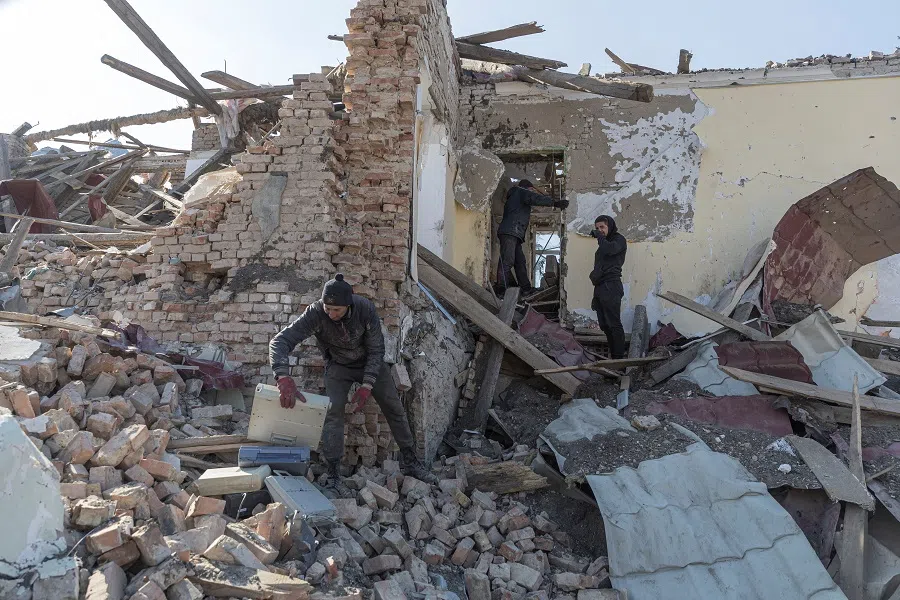
Among the press statements released by local governments, one by the Shandong Provincial Education Department states that this move is aimed at helping ideology and politics teachers grasp the principled position and narrative of the war in Ukraine accurately and to properly guide students' thoughts.
On 23 March, Heilongjiang organised a group session for lesson planning that was reportedly attended by nearly 10,000 teachers across the province and beyond.
Another session organised by Zhejiang University's School of Marxism on 24 March on "The Situation in Ukraine: Awareness and Guidance" was livestreamed at major colleges in the province and presented by Professor Lü Youzhi of Zhejiang University.
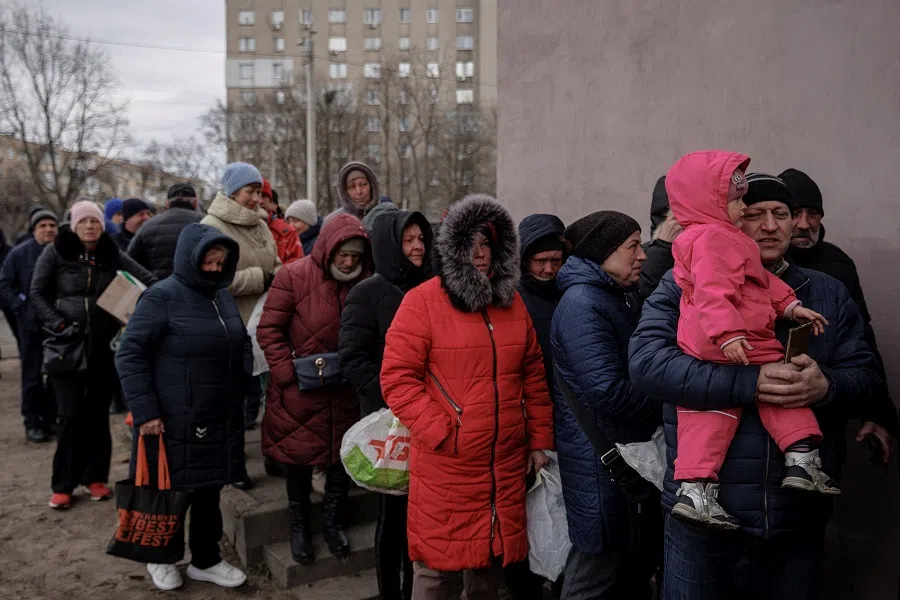
According to the School of Marxism at the Zhejiang University of Finance and Economics website, Lü analysed the divided stands of the international community and the resulting tussle of views in China. It also states that the session was "very helpful for teachers to accurately grasp the correct stand and narratives for teaching ideological and political classes and giving a fact-based description of the Russia-Ukraine conflict, to help students develop a correct view of history, the bigger picture and their role".
..."once primary and secondary school children are led astray, it is not easy to pull them back again." - Liu Libo, Deputy Head, School of Marxism, Shaanxi Normal University
On 25 March, Shaanxi also held an ideological and political class for teachers called "Guiding Students to a Correct Understanding of the Ukraine Situation". Liu Libo, deputy head of the School of Marxism at Shaanxi Normal University, stressed the importance of instilling thoughts that are in line with mainstream ideology and national policy because "once primary and secondary school children are led astray, it is not easy to pull them back again".
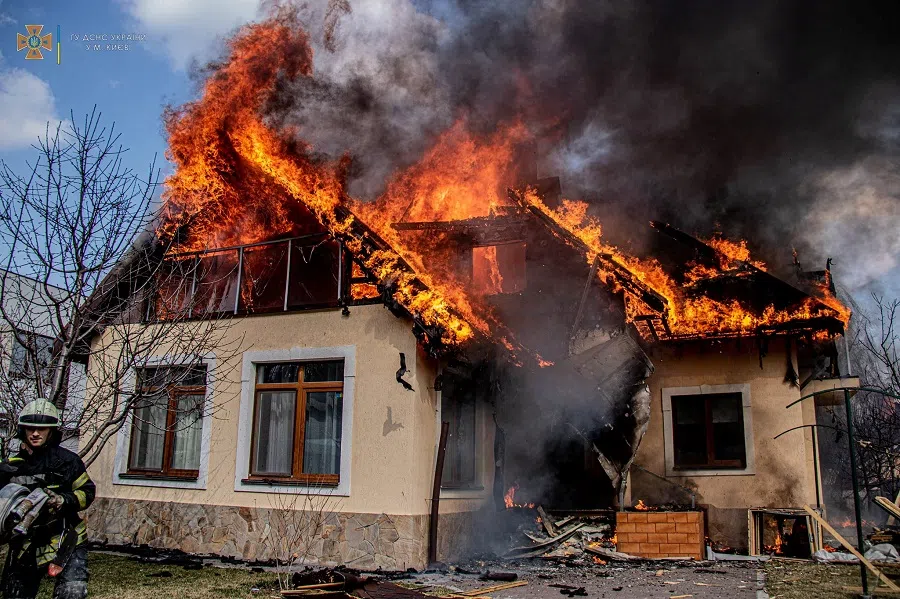
Publicity removed following online attention
However, after reports on these sessions gained online attention, many schools removed all related press statements and online searches no longer yielded any results in mainland China.
"It has long been the case that we can't say whatever we want in class, but the school did not say we have to align our thinking." - Chongqing academic who declined to be named
A Chongqing academic who declined to be named told Zaobao that such group sessions for lesson planning on the Russia-Ukraine conflict have yet to take place in Chongqing's universities, and there is currently no sign of any obvious regulation of discussion of the Ukraine war among teachers and students. The academic added, "It has long been the case that we can't say whatever we want in class, but the school did not say we have to align our thinking."
Another Chongqing observer who declined to be named said that when the war first started, the official narrative was one-sided in supporting Russia, but it later became more neutral, meaning that there has been a shift in position and alternative voices are being accommodated.
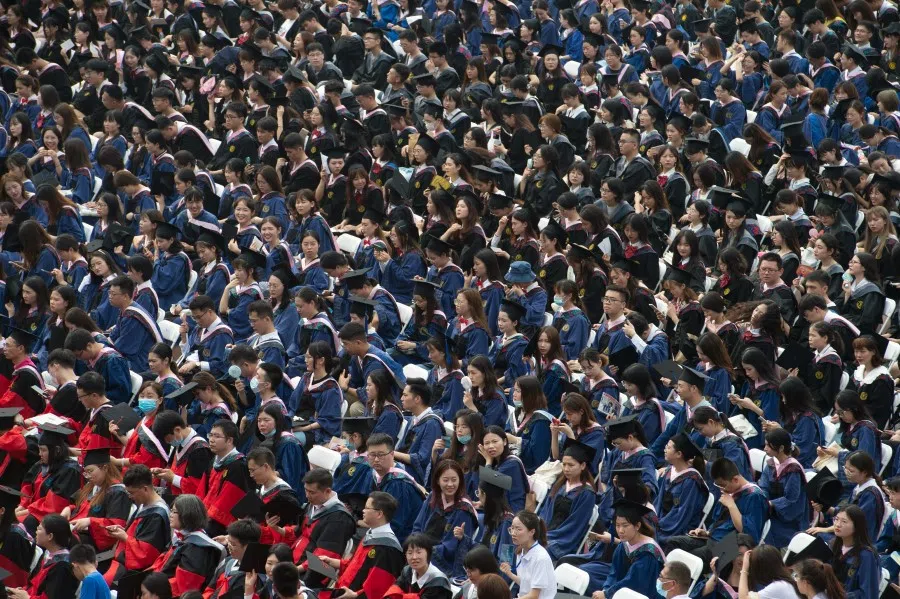
He also thought that the removal of publicity materials by some universities was a reflection of a lag by the local governments and the heads of universities in aligning themselves with the policy direction of the central government. He explained, "When the top has made adjustments, those below are still stuck at the original instructions and have not made prompt adjustments... some leaders are sensitive and some are not, which is why there are always differences between various areas in carrying out instructions from the central government."
Related: Did China miscalculate the Ukraine war? | Must China choose sides in the Russia-Ukraine war? | Does Beijing benefit from US-Russia confrontation over Ukraine? | China's tricky position on the Russia-Ukraine war | Why a truce between Moscow and Kyiv would be the best outcome for Beijing | Can China benefit as a bystander in the Russia-Ukraine crisis?
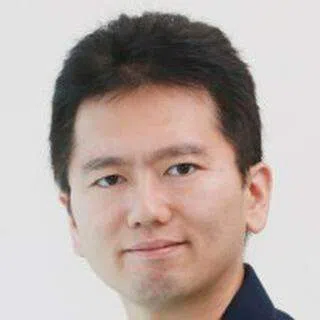

![[Big read] When the Arctic opens, what happens to Singapore?](https://cassette.sphdigital.com.sg/image/thinkchina/da65edebca34645c711c55e83e9877109b3c53847ebb1305573974651df1d13a)


![[Video] George Yeo: America’s deep pain — and why China won’t colonise](https://cassette.sphdigital.com.sg/image/thinkchina/15083e45d96c12390bdea6af2daf19fd9fcd875aa44a0f92796f34e3dad561cc)